Kunštát
Kunštát (Czech pronunciation: [ˈkunʃtaːt]) (German: Kunstadt) is a town in the South Moravian Region of the Czech Republic. It has around 2,800 inhabitants. Kunštát was established in 1280 by Podiebrad family. Lords of Kunštát held the manor until 1521. The most famous of the family was Czech King George of Poděbrady, who was the owner of Kunštát estate in the years 1427 - 1464. The last holders of the town were in the years 1901-1945 Counts Coudenhove-Honrichs. In 1994 Kunštát acquired the status of town.
Kunštát | |
|---|---|
Town | |
Kunštát seen from the Kunštát Castle | |
 Flag 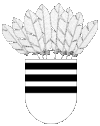 Coat of arms | |
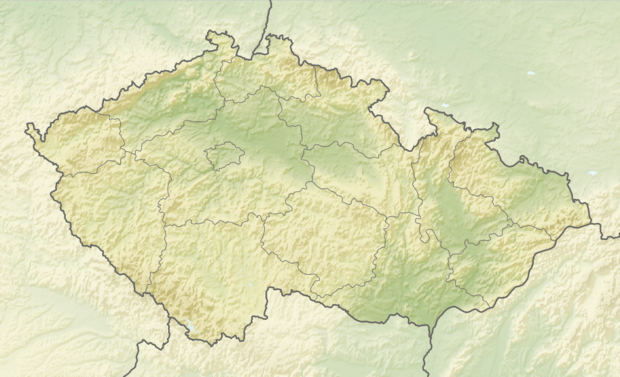 Kunštát Location in the Czech Republic | |
| Coordinates: 49°30′23.23″N 16°31′1.99″E | |
| Country | Czech Republic |
| Region | South Moravian |
| District | Blansko |
| First mentioned | 1280 |
| Government | |
| • Mayor | MVDr. Zdeněk Wetter |
| Area | |
| • Total | 24.23 km2 (9.36 sq mi) |
| Elevation | 445 m (1,460 ft) |
| Population (2005) | |
| • Total | 2,612 |
| • Density | 110/km2 (280/sq mi) |
| Time zone | UTC+1 (CET) |
| • Summer (DST) | UTC+2 (CEST) |
| Postal code | 679 72 |
| Website | www.kunstat-mesto.cz |
Villages Hluboké u Kunštátu, Rudka, Sychotín, Touboř and Újezd are administrative parts of Kunštát.
Kunštát has a long tradition of pottery which began soon after establishment of the city. A potters guild was set up in 1620, joining together ten local potters. The craft reached its peak in the 19th century. Pottery fairs are held in the town since 1993.
Places of interest
- The Kunštát Castle, a national monument, was in 16th and 17th century rebuilt into the current chateau. It is nowadays among the places of historical interests in the area
- Saint Stanislaus Church from the 17th century
- The statue of George of Poděbrady
- Burian look out tower
- The Blaník knights cave, located in Rudka is the work of Stanislav Rolínek. It contained 14 meter high statue of Tomáš Garrigue Masaryk unveiled in 1928. During the German occupation it was destroyed, leaving only part of it. Statues of the Knights of Blaník, including the statue of St. Wenceslas, were created in the cave.
Important people relatedto Kunštát
- George of Poděbrady (1420–1471), Czech king
- Jan Tenora (1863–1936) - Historian and writer
- Františka Leopoldina Marie von Coudenhove - Hornisch (1892–1977) - Establisher of a convent in Argentina
- Klement Bochořák (1910–1981) - Poet
- František Halas (1901–1949) - Poet
- Jan Marius Tomeš (born 1914) - Poet and historian
- Ludvík Kundera (1920–2010) - Poet, dramatist and translator
- Stanislav Rolínek (1902–1931) - Sculptor
Gallery
|
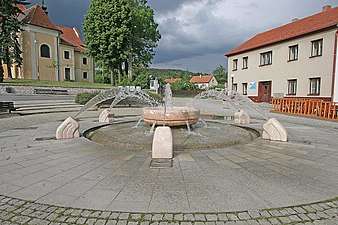
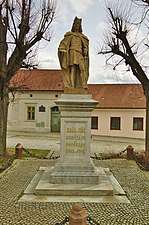
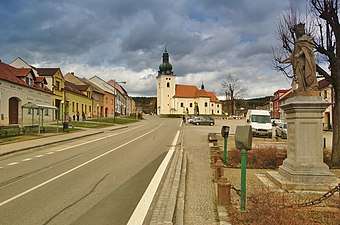
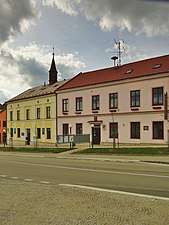
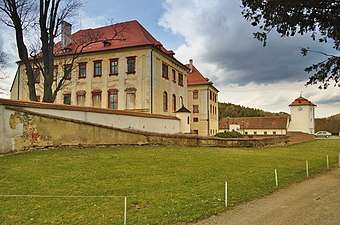
.jpg)
.jpg)
